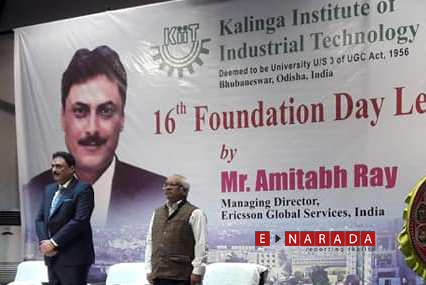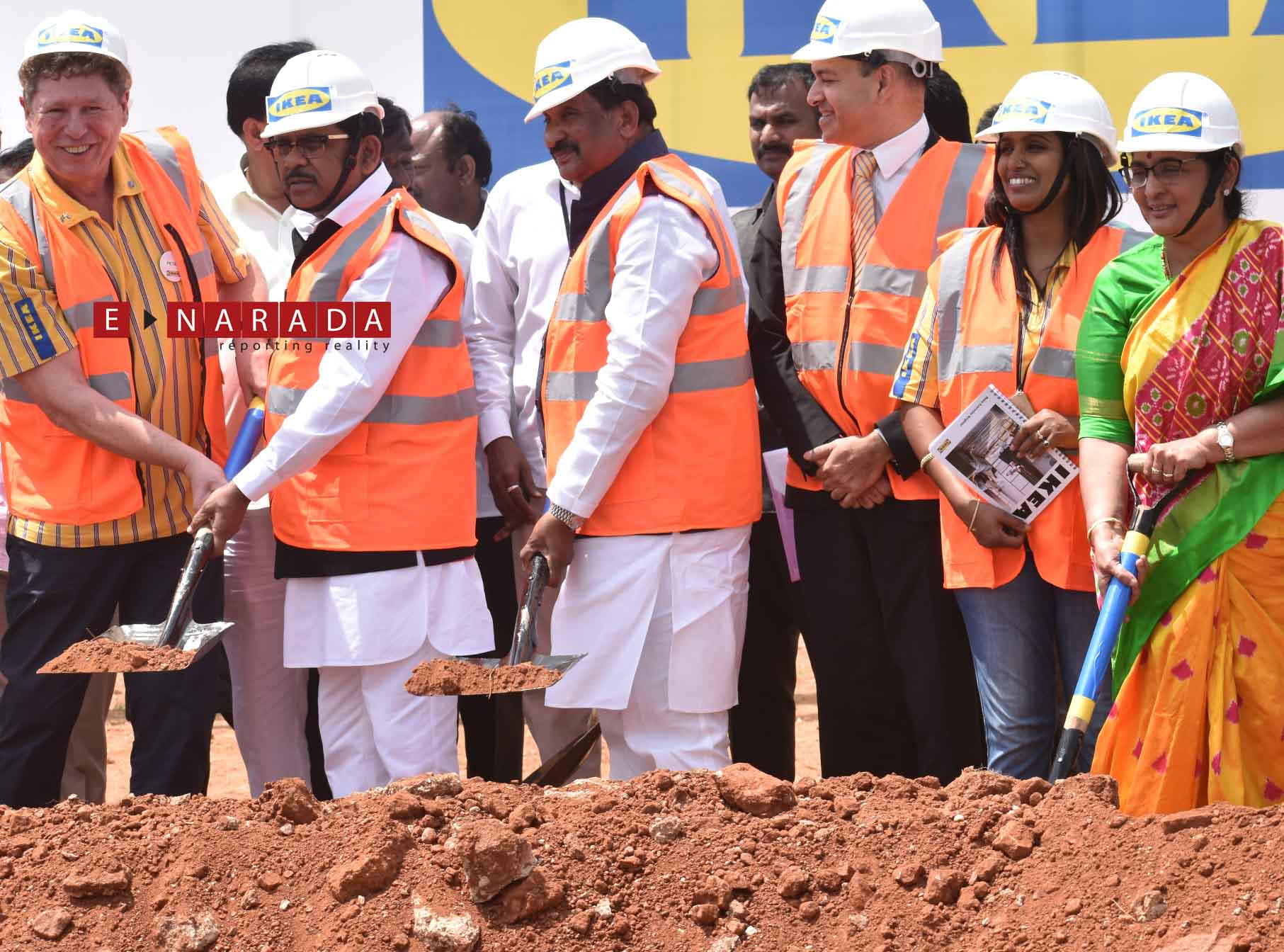Bangalore, March 26, 2013:
ACM (the Association for Computing Machinery) and the Infosys Foundation announced today that Jeffrey Dean and Sanjay Ghemawat are the recipients of the 2012 ACM-Infosys Foundation Award in the Computing Sciences.
They led the conception, design, and implementation of much of Google’s revolutionary software infrastructure, which underlies the company’s web search and indexing, as well as numerous applications across the industry. This technology has been emulated by virtually every major Internet company in the world. Dean and Ghemawat’s research describing the scalable infrastructure they created was pivotal to the burgeoning field of cloud computing, which delivers resources over the Internet.
The ACM-Infosys Foundation Award recognises the finest recent innovations by young scientists and system developers to the computing field. An endowment from the Infosys Foundation provides financial support for the $175,000 annual award. ACM will present the ACM˗Infosys Foundation Award at its annual awards banquet on June 15, in San Francisco.
ACM President Vint Cerf said the contributions of Dean and Ghemawat have changed computer science in the 21st century. “They provided the technological underpinnings of an indispensable information retrieval resource. As a result, tens of millions of engineers, scientists, and scholars as well as ordinary consumers rely on these distributed software systems, which harness the power of tens of thousands of computers.”
S D Shibulal, CEO and Managing Director, Infosys, said: “The engineering innovations of Dean and Ghemawat have led to technological advances in cloud computing and smarter analysis of data points, both areas that are critical in today’s fast-paced information age. These achievements continue to have a profound impact on business and society alike. Today companies around the world use their innovations to create new models for growth, provide superior customer experience, and drive real-time decisions. Dean and Ghemawat are outstanding examples of young innovators whose accomplishments can change the world.”
In their influential 2004 research paper “MapReduce: Simplified Data Processing on Large Clusters”, Dean and Ghemawat explained their approach to the core computing challenge of scale in keeping up with the demand for Google’s search service. When they found that they couldn’t deploy machines fast enough to handle the unprecedented volume of requests driven by the increasingly popular Google service, they pursued software solutions to what seemed like hardware problems.
The software platforms Dean and Ghemawat designed and built are used to power massive online applications by splitting the work into small pieces and spreading them across thousands of machines. These software systems employ designs that allow them to scale many computers, and to hide the complexities of managing enormous clusters of computers from programmers. This approach bolstered the advent of cloud computing, where computing power is provided as a utility to users, with all the hardware and implementation details abstracted away. As Dean described it, these abstractions make it easy for programmers to take advantage of large-scale computational resources by automatically parallelizing computations across machines and transparently handling failures.
Ghemawat helped lead a team that built the Google File System (GFS), a highly scalable system which allowed huge files to be efficiently distributed across thousands of servers.
Together, Dean and Ghemawat developed a programming tool called MapReduce, which enables developers to efficiently process large amounts of data sets with machines working in parallel. These platforms provide a more reliable means of building the massive index that drives Google’s search engine. They also led a team that developed BigTable, a distributed data storage system that handles petabytes of data (a petabyte is 1 million gigabytes) and allows applications to access large volumes of data. Like MapReduce, it runs atop the Google File System and operates as a massive data base.
Dean and Ghemawat’s 2004 paper has been cited more than six thousand times. Since then, they have published a series of instrumental papers which have inspired a generation of systems researchers and generated considerable follow-on work in the field of distributed computing. The open publication of their advances has allowed others to build on their work. An example is Hadoop, the open source project that is widely used by many companies as well as academic researchers and educators. This indirect form of technology transfer has had a major impact on how people design and program large-scale information technology systems.
Dean is a Google Fellow in the Systems Infrastructure Group. Before joining Google, he was at Digital Equipment Corporation’s Western Research Laboratories. In 1990 and 1991, Dean worked for the World Health Organisation’s Global Programme on AIDS, developing software for statistical modeling, forecasting, and analysis of the HIV pandemic. A Fellow of ACM, he was elected to the National Academy of Engineering in 2009. A summa cum laude graduate of the University of Minnesota with a M.S. degree in Computer Science, he received a Ph.D. degree in Computer Science from the University of Washington.
Sanjay Ghemawat is a Google Fellow in the Systems Infrastructure Group. A former researcher at Digital Equipment Corporation’s SystemResearchCenter, he was elected to the National Academy of Engineering in 2009. He earned a B.S. degree from CornellUniversity and M.S. and Ph.D. degrees in Computer Science from the Massachusetts Institute of Technology.



